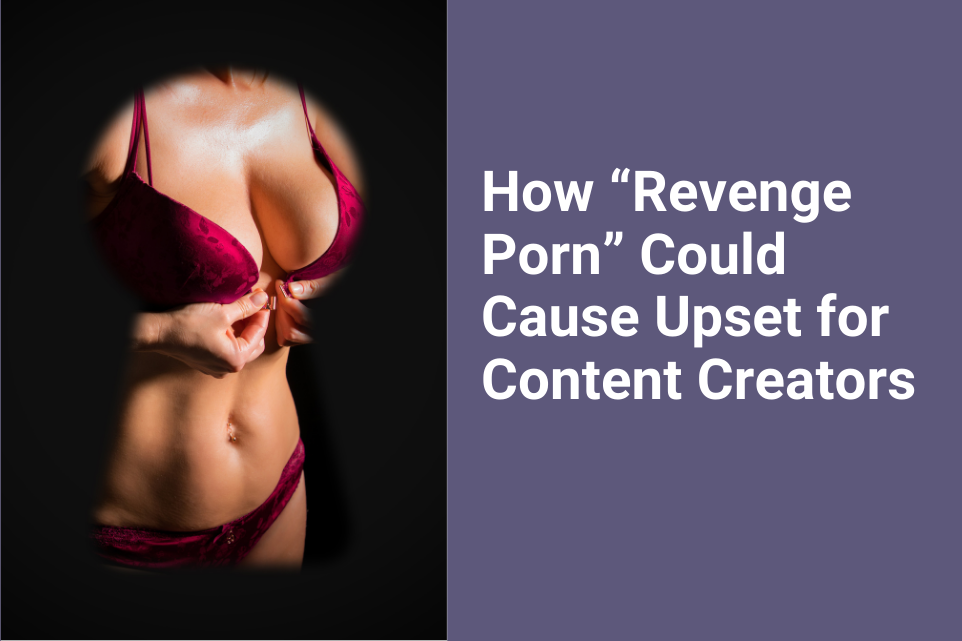
How “Revenge Porn” Could Cause Upset for Content Creators
We’re all familiar with the concept of revenge porn — when one person releases explicit or intimate content of another for the express purpose of humiliating them or damaging their reputation. While ordinary couples may be hesitant to share revealing content with a romantic partner for fear of possible leakage, new legislation has introduced bills that could potentially throw adult content creators and models under the bus for sharing content that was consensually agreed upon before distribution.

What Does the Law Say About Revenge Porn?
Right now there is no federal law against the distribution of revenge porn and no one-size-fits all regulation, but nearly all states have created legislation to protect people from its damaging effects. Unfortunately, in some cases the wording of these laws is so all-encompassing that legitimate content creators could be held liable for content that was consensually shot and distributed.
How can something like this happen? Many adult content creators use their romantic partners as co-contributors in their content. It can be seen as a safe and comfortable alternative to shooting content with someone you’re not directly involved with. This has become particularly true over the past year in quarantine. However, there are differences: namely that most couples don’t bother with formalities such as model releases when creating and distributing content with their partner. In the moment, when everything is fine, there doesn’t seem to be a need. But if trouble should arise, content creators might be slammed with a ‘revenge porn’ suit down the road.
Why Wording is Important
Many state laws have fairly broad language on what constitutes revenge porn. Let’s take a look at an example of how this can backfire against content creators.
You’re in a consensual relationship with a romantic partner and decide to shoot and distribute adult content for profit. Then, a few months later, you and your partner break up. The state of the content shouldn’t matter, since it was mutually agreed on at the time it was shot and distributed. However, let’s assume that one member of the former couple gets another job and their employer uses that adult content as grounds for firing them. They’ve now suffered financial loss as a result of this content, and in some states, their partner could be prosecuted for distributing it, even though it was consensual at the time. Unless there is paperwork in place (i.e. model releases), their former partner could be held liable for distributing revenge porn.
How Can You Protect Yourself?
Right now you may be telling yourself, “My relationship is rock-solid. There’s no way I could ever be swept up in a situation like this.” But you can’t predict the future, and all it takes is one messy break-up to put you in serious legal trouble. To prevent this possibility, it’s extremely important to bite the bullet and have both parties sign a model release. This layer of protection will ensure that if trouble arises down the line, you have documented proof that the content was shared with mutual consent.
It only takes an ounce of prevention. You shouldn’t assume that having the proper paperwork in place says anything about the strength of your relationship–it’s simply insurance against a situation that could potentially cause damage to both parties in the future.





